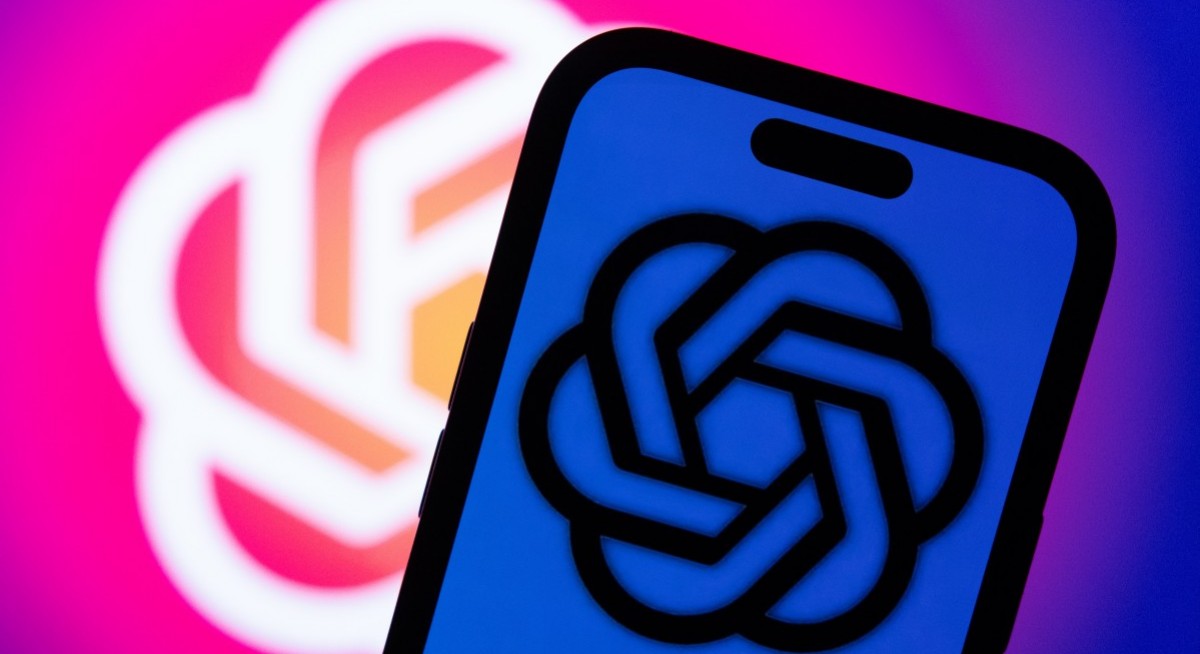If the deal goes ahead, it would elevate OpenAI’s on-paper price tag by roughly two-thirds. Its previous valuation stood at US$300 billion in a US$40 billion financing round led by SoftBank Group — making it one of the largest privately held companies in the world. Representatives for OpenAI and Thrive declined to comment.
The latest move follows news last week the start-up had secured US$8.3 billion from a syndicate of investors for a second tranche of that US$40 billion financing, which was oversubscribed by about five times, according to one of the people briefed on the discussions. OpenAI managed to snag that funding ahead of schedule, the person said.
Major US start-ups often negotiate share sales for their employees as a way to reward and retain staff, and also attract external investors. The company run by Sam Altman is looking to leverage investor demand to provide employees with liquidity that reflects the company’s growth, according to one of the people familiar with the investment negotiations.
In recent months, OpenAI lost several members of its research staff to Meta Platforms as the latter firm aggressively recruited top talent from Apple and other competitors for its “superintelligence” AI team, offering pay packages in the nine-figure range.
See also: Metro Holdings divests 26% stake in Boustead Industrial Fund
A secondary sale for OpenAI could serve as a way to incentivise staff to remain at the company who are being offered lavish compensation.
OpenAI, whose ChatGPT ushered in a new era of AI development, has overseen a spate of major recent technology launches.
Those include a pair of open and freely available artificial intelligence models that can mimic the human process of reasoning, months after China’s DeepSeek gained global attention with its own open AI software. It’s now preparing the release of its latest GPT-5 model, aimed at shoring up OpenAI’s lead in an increasingly competitive sphere.
See also: Cosco Shipping International (Singapore) expects to report FY2025 earnings of $7.4 million
The start-up has announced it expects ChatGPT to reach 700 million weekly active users this week, up from 500 million at the end of March. The app also recently crossed 3 billion user messages a day. And in May, it unveiled plans to acquire the AI device start-up co-founded by Apple veteran Jony Ive in a nearly US$6.5 billion all-stock deal, joining forces with the legendary designer to make a push into hardware.
It’s also facing a number of challenges. OpenAI’s currently in separate discussions about its future as a for-profit company, a negotiation that’s dragged on for months.
Microsoft, which backed OpenAI with some US$13.75 billion and has the right to use its intellectual property, is the biggest holdout among the ChatGPT maker’s investors, Bloomberg previously reported. At issue is the size of Microsoft’s stake in a newly configured company.
The talks have since broadened into a renegotiation of their relationship, with the software maker seeking to avoid suddenly losing access to the start-up’s technology before the end of the current deal, which expires in 2030.




